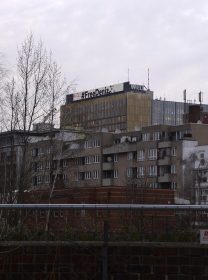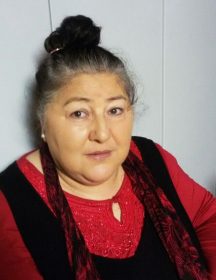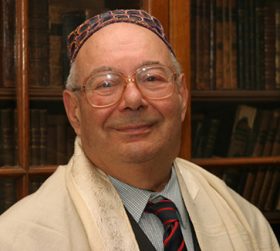
View from the Academy of the Jewish Museum Berlin towards the Springer building with the lit-up sign, #FreeDeniz; Jewish Museum Berlin, photo: Stefanie Haupt
As I leave my office at the Jewish Museum Berlin, emerging from the W. Michael Blumenthal Academy onto the street, the hashtag “#FreeDeniz” beams towards me from an illuminated black-on-turquoise-green display on the Axel Springer building. The first time I saw it, I was cheered by the signal that the publishing house Axel Springer SE* was calling for the release of Die Welt’s correspondent in Turkey, Deniz Yücel. But each day seeing the display has gotten sadder. I’ve known Deniz Yücel since 2003, when — together with other German- and Turkish-speaking Berliners — he organized bilingual protests against the bomb attacks on the two Istanbul synagogues, Neve Shalom and Beth Israel, on November 15 of that year. Twenty-four people were killed in those attacks and at least 300 wounded.
Deniz and I haven’t had contact for quite awhile. But since mid-February, through the news of his imprisonment for “terrorist propaganda” and the car procession protests that followed it, as well as conversations with friends and of course the illuminated sign, memories from the period in 2003 and 2004 when we interacted almost weekly having been coming back. → continue reading
Reading with Anita Awosusi

Anita Awosusi has championed Sinti and Roma civil rights; photo: private
Our series “New German histories” continues this year: on February 9, 2017, (the date was cancelled at short notice!) Anita Awosusi will introduce her book Vater Unser – Eine Sintifamilie erzählt (Our Father – A Sinti Family Recounts) in the W. Michael Blumenthal Academy of the Jewish Museum Berlin. In her book the author weaves together her family’s biography, broader historical events, and the aftermath of Nazi rule. She tells the story of her father and at once of her own evolution. As a civil rights activist she still fights today against discrimination and for equal rights and civic participation for the Sinti and Roma peoples and was active for over twenty years at the documentation and cultural center for German Sinti and Roma. In anticipation of the event we asked Anita Awosusi three questions:
You entitled your book Our Father – A Sinti Family Recounts. Is the play on the central Christian prayer, the “Our Father”, intentional on your part? If so, what did you want to express with this choice?
The title Our Father came about because my sister and I always say “our father” when we talk about our parents. In addition, my father had a very fundamental role in our family as patriarch. Not to suggest at all that our mother was less respected by us children. But there was a second reason: → continue reading
An Obituary

Lionel Blue, rabbi, writer and broadcaster, was born on 6 February 1930 and died on 19 December 2016 in London.
Rabbi Lionel Blue was one of the last of a generation of liberal rabbis in Britain that included Rabbis John Rayner, Hugo Gryn and Albert H. Friedlander. They were all children of the Second World War who carried stories of loss and displacement with them. Each of them was singularly brilliant and charismatic in his own way, helping loosely affiliated Jews to find a way back to a liberal, inclusive form of Judaism. Unlike the others, Lionel Blue was not a refugee, but grew up as the son of a tailor and secretary in London’s then predominantly Jewish East End, experiencing the Blitz and the local violence of Oswald Mosley’s anti-Semitic blackshirts.
Born in 1930, Blue documented his struggles with his homosexuality as well as his path to the rabbinate in his book “Godly and Gay,” published in 1981. Blue was private, but non-secretive about his long-term partnerships and as the first rabbi in Britain to publicly declare his homosexuality, he became an important role model for gay Jews. → continue reading


